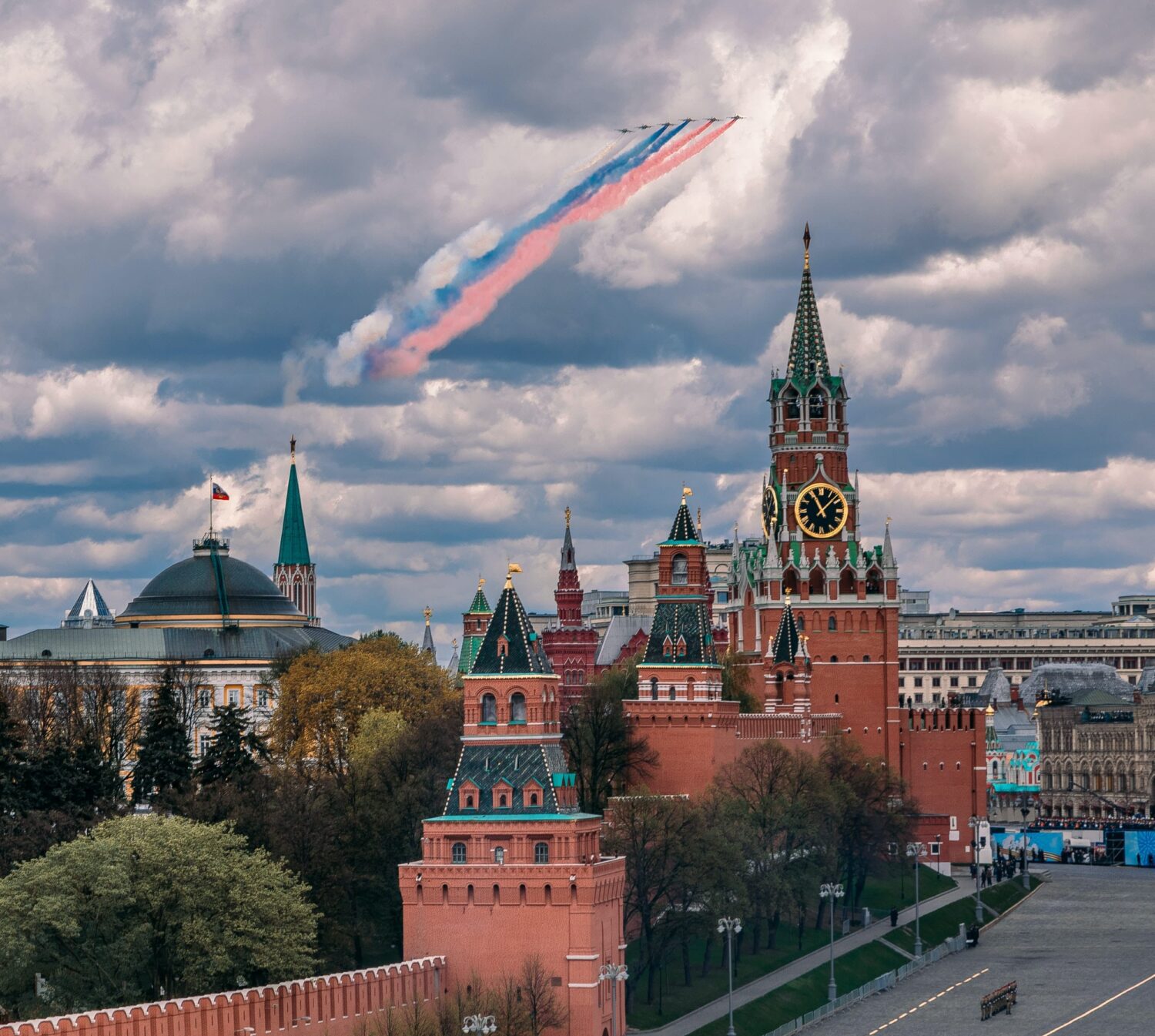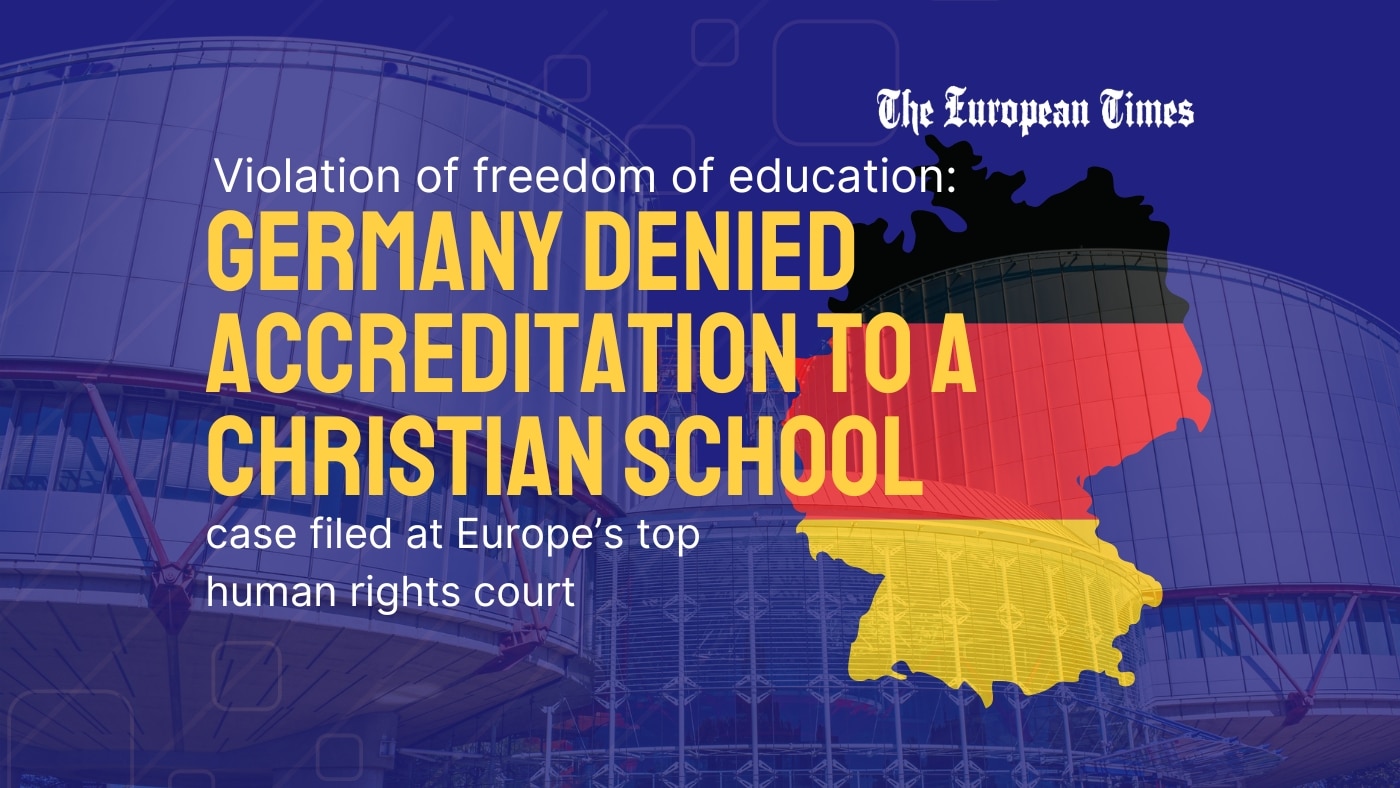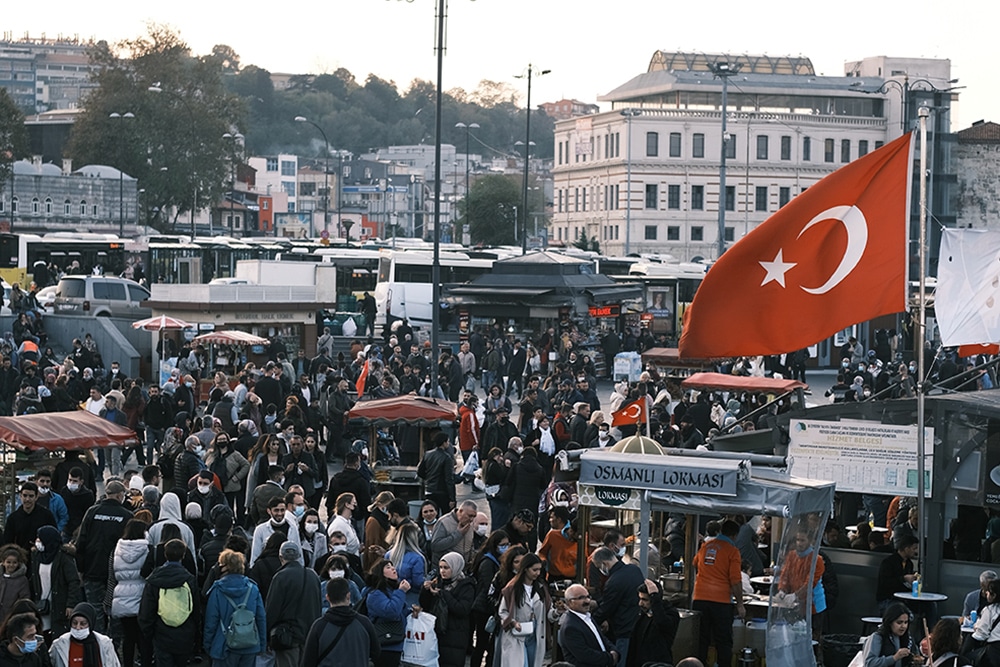The crazy consumption of computers, smartphones and all kinds of technological gadgets creates an excessive amount of e-waste
Three planets will not be enough for us to collect the new technological waste
Organic and municipal waste is no longer the biggest threat to the environment. Due to the crazy consumption of computers, smartphones and all kinds of other gadgets, technological waste is becoming a huge problem. It deepens with the introduction of electric cars and the impossibility of efficient recycling of the batteries in them. If we keep changing technology at today’s rate, soon 3 planets won’t be enough for us to pick up the garbage we leave behind.
Manufacturers of electronics, white goods and appliances around the world have been trying to solve the problem for years by putting more and more recycled materials into new appliances. The problem is that in many countries, including Bulgaria, there is still a lack of a culture of responsible treatment of end-of-use devices, and instead of handing them over to specialized points, they are thrown out indiscriminately next to the garbage cans or straight to illegal landfills. This makes the technological waste management process complex and difficult to control. There is still a lack of legislation to actually sanction offenders, as well as good practices to encourage those responsible.
Like everything else, this change clearly has to start within us, because the institutions are a pass on this issue as well.
End-of-life electrical and electronic equipment (WEEE – Non-Governmental & Nonprofit Organization Bruxelles, Belgiqueweee-forum.org) covers a wide range of products: from computers and mobile phones to household appliances and medical devices. It is one of the fastest growing waste streams. Its proper recycling is key not only because it contains hazardous materials and can have a negative impact on the environment and public health, but also because it is a source of scarce and valuable resources.
The growing volumes of e-waste are directly related to the rapid economic development
In 2019, almost 54 Mt of WEEE was generated globally and this number is increasing every year. In terms of e-waste generated per capita, the European Union is in first place with 16.2 kg, while Asia generates the largest amount of e-waste – a total of 24.9 Mt.
In 2019, 78 countries had policies, regulations or laws that regulate e-waste. These standards cover 71% of the world’s population. However, the global collection rate averages only 17%, with Europe collecting around 55% of WEEE.
Companies that recover e-waste joined the WEEE Forum in 2002.
– the only international group of producer responsibility organizations dedicated to the take-back and treatment of electrical and electronic waste. The WEEE Forum consists of forty-six non-profit members who are authorized by 46,000 manufacturers of electrical and electronic products. In 2021, WEEE organizations collected 3.1 million tons of e-waste, which is equivalent to 310 Eiffel Towers.
How to properly dispose of e-waste and what is the recycling process
They are not general waste, so when we throw them away, we have to take them to the designated place – a special recycling bin, a certified collection point or large electronics retailers. The mixed e-waste is then sent to specialist electronics recycling facilities. Best practice requires that they be separated by type, as some, such as batteries, can cause significant environmental damage if mixed with others.
The first step in e-waste processing involves manual sorting to extract specific items. They can be dismantled by hand to recover valuable materials or components for reuse. They are then crushed into small pieces to facilitate precise sorting of the materials.
They undergo magnetic separation to extract ferrous metals such as iron and steel, while non-ferrous metals are separated using eddy currents. These metals are then sent to specialized recycling facilities for smelting. Other materials, such as circuit boards and embedded metal plastic, are separated during this stage.
After magnetic separation, the remaining solid waste consists mainly of plastic and glass. Water is used for further purification and separation of different types of plastic. Obvious contaminants are manually sorted during this process.
Once separated, the materials are ready for reuse and sale. Some, like plastic or steel, go into separate recycling streams. However, others can be processed on site and sold directly together with usable components recovered during earlier stages of the recycling process.
Materials that can be extracted and reused include: precious metals such as gold, silver, copper, platinum, rhodium or ruthenium; raw materials such as cobalt, palladium, indium or antimony; metals such as aluminum and iron; plastics; glass.
Not all electronic and electrical waste parts can be recycled and reused. The glass screens of CRT televisions and monitors, for example, are heavily contaminated with lead, so much of it is stored indefinitely.
How to reduce our e-waste
There are a few rules to keep our e-waste to a minimum:
Don’t buy unnecessary electrical appliances.
Do not replace appliances before they are truly unusable.
Extend the life of appliances by taking care of them.
Donate electrical engineering.
Carry the repair equipment whenever possible.
Buy second-hand electrical appliances.
Choose energy efficient appliances.
Photo: elektrycznesmieci.pl













